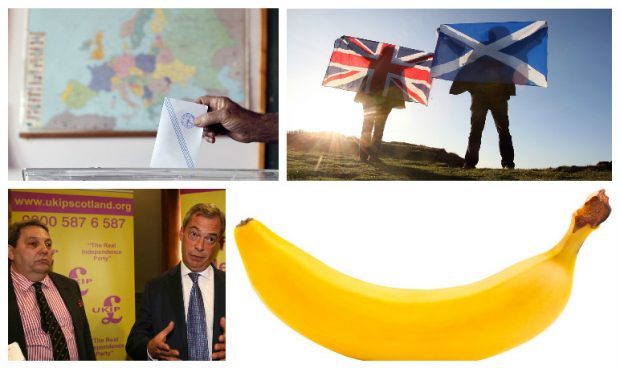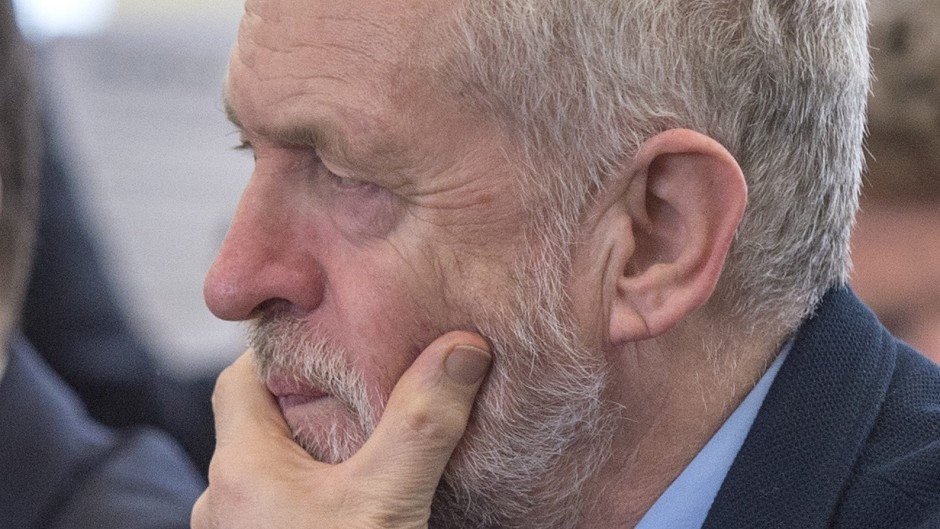High levels of Euroscepticism among British voters may not translate into a vote to leave the EU on June 23, new research has suggested.
Fears of the impact of Brexit on the UK economy may explain the reluctance of some voters to convert their dissatisfaction with Europe into a vote to Leave, the 2015 British Social Attitudes survey indicated.
Some 22% of those questioned said they wanted to leave the EU and 43% said the Union’s powers should be reduced – a level of Euroscepticism which has been topped only once since 1992 in the regular survey.
But despite this widespread concern about the EU, a clear majority of those questioned (60%) said the UK should continue to be a member, with just 30% saying it should withdraw.
Here’s a list of nine key questions on the EU referendum
1. Will David Cameron have to resign?
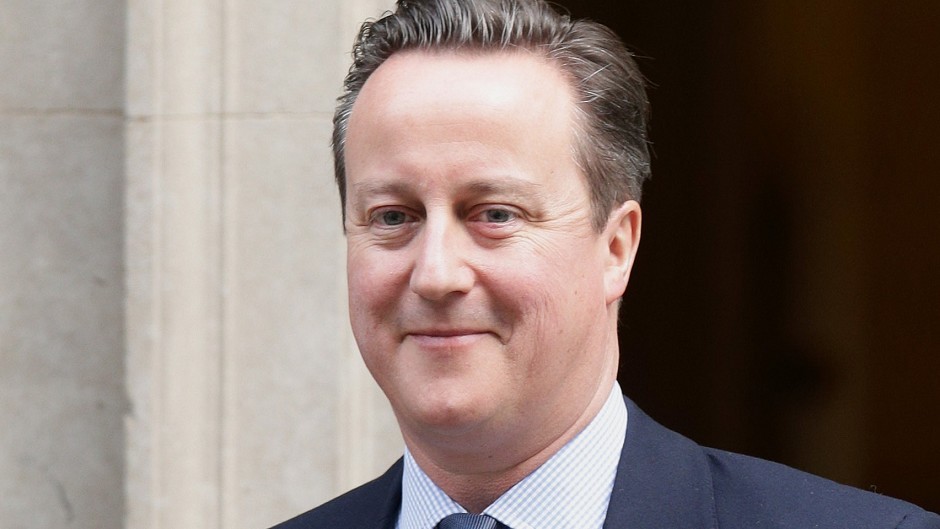
Publically, the Prime Minister has said he will remain in Number 10 even if Britain votes to leave the EU.
The position contrasts with his stance during the Scottish Independence Referendum in 2014, where he said he would resign if he lost. That result was so tight he actually drafted a resignation letter before, presumably relieved, promptly binning it.
But, despite his protestations to the contrary, would it be possible for him to remain as Prime Minister if he presided over Brexit?
With Boris now firmly for Out the tide against Mr Cameron if he loses on June 23 might be insatiable – although Mr Cameron has said he won’t stand again anyway, so perhaps he doesn’t much care.
2.Will Jeremy Corbyn have to resign?
The Islington radical has had a turbulent time so far in the hot-seat and the Scottish and local elections on May 5 will be a major hurdle.
The Blairites are already sharpening their daggers, but if they fail to get rid of him in May, perhaps a Brexit vote could trigger another coup attempt.
Mr Corbyn has, however, never been a vocal fan of the EU and – with the spotlight likely to be firmly fixed on internal Tory party machinations – he will probably emerge from June 23 unscathed. For once.
3.Will a Brexit vote trigger another independence referendum?
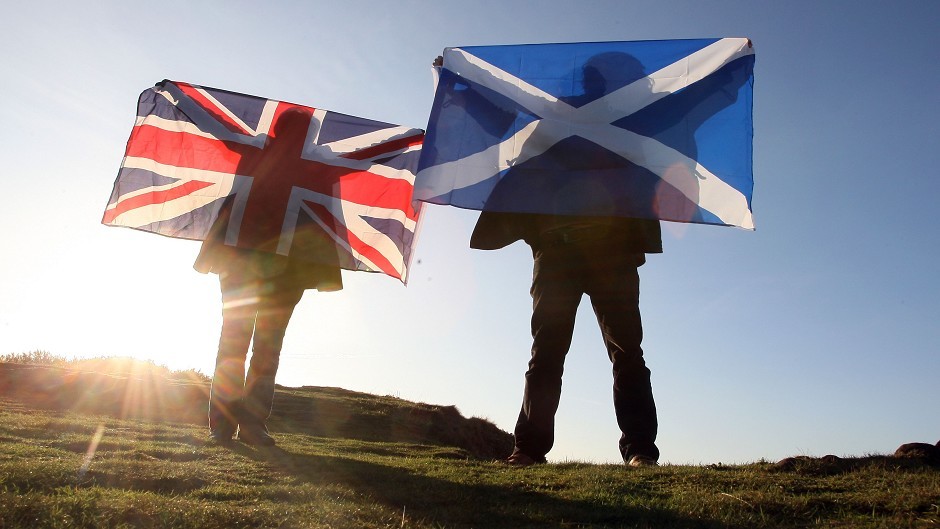
Major Leave campaigners say no, it won’t. Given the result of the 2014 referendum vote, the UK will either vote to stay or leave as a whole.
Of course, there are many who suggest that, while technically correct, that position fails to take account of the political reality.
Fear over the loss of EU membership – temporary or not – played a major role in the independence vote, with security in the common market being a major plus point of the Better Together campaign.
If, as Nicola Sturgeon points out, Scotland is taken out of the EU against its will, despite being told its membership was safe if it remained part of the UK, that would create quite the headache.
In that instance, we may be looking down the barrel at a third referendum in as many years.
4.But what if Scotland keeps the UK in the EU?
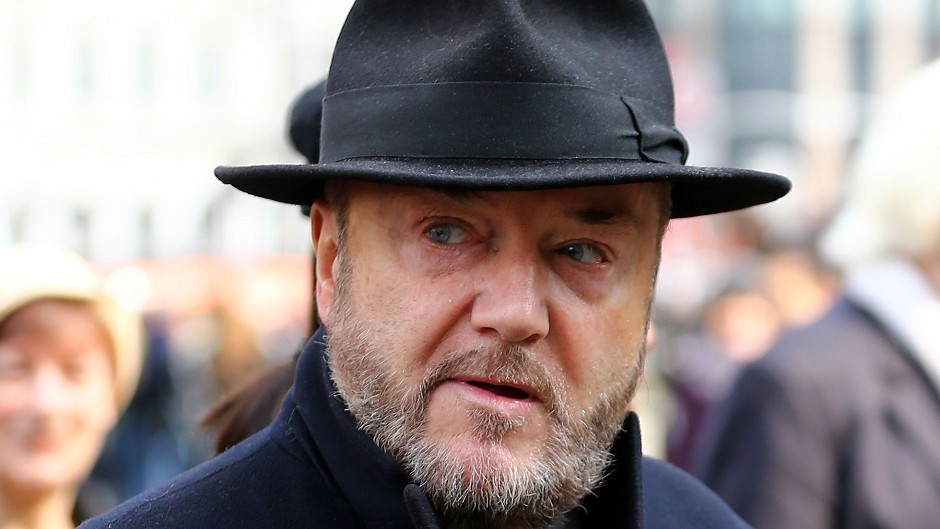
For Leave campaigners – who are almost all also ardent Unionists (think Galloway, Farage) – this must be the nightmare scenario.
It would be possible with a big backing for EU membership in Scotland, for England to vote to leave but the UK majority to still be with Brussels.
The cure for such a constitutional headache might be best solved with something dissolved – in this case the Union.
How Farage and Galloway would react to such a result, we will have to wait and see, although it would surely be amusing.
5. What would a Brexit vote mean for other EU countries?
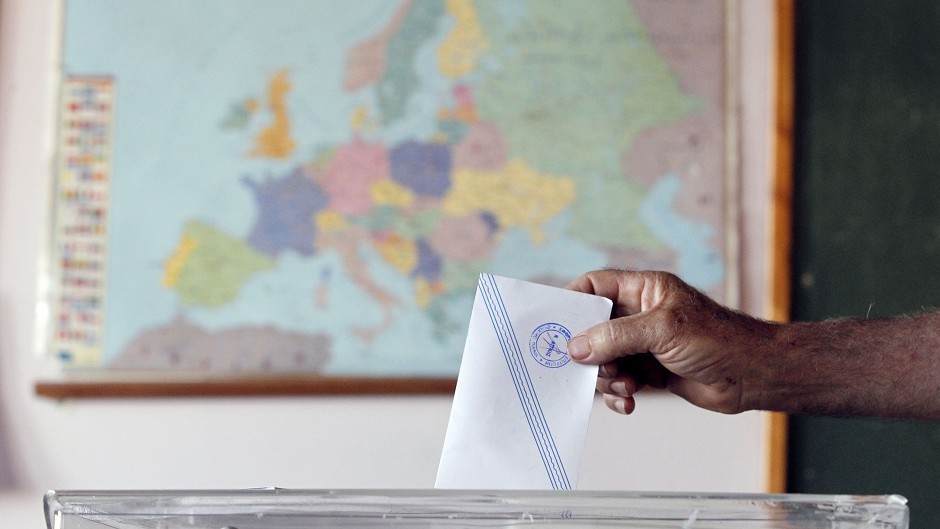
On the surface at least, other member states, as well as the EU institutions themselves, are anxious for the UK to remain.
Of course, there are many Eurosceptic parties who might be overjoyed that the UK has left because it will boost their own support – think the Front National in France – so the vote could have an impact on the continent’s domestic politics.
And, if a Brexit vote were to trigger another independence vote, it would also be of interest to nationalists on the continent.
Catalonia, for instance, has been struggling to get Madrid to sanction a vote on independence and might think a Brexit-style contest – perhaps a Spanquit – could boost its chances of nationhood.
Make no mistake, the UK will be watched closely.
6.If we vote for Brexit, will UKIP MEPspend more time in Scotland?
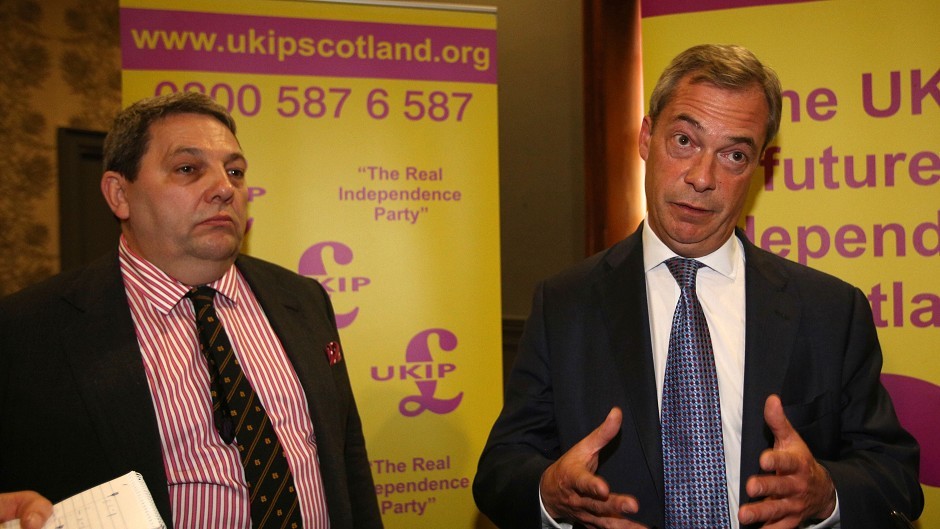
Yes, probably. So will Nigel Farage.
7. Would Brexit make it more expensive for you to go on holiday?

There is no doubt the EU has been the main driver behind low airfares that have made travel affordable for many families. Whether these could be maintained is hard to tell.
The pound might also slide against the Euro. While good for businesses that export to the continent, this would make a seaside sundowner more expensive.
Plus, the EU is set to outlaw mobile phone data roaming charges in 2017, so gloating over your colleagues trapped in the office would, alas, remain expensive.
8. Would the UK ever be able to join the EU if it voted to leave?
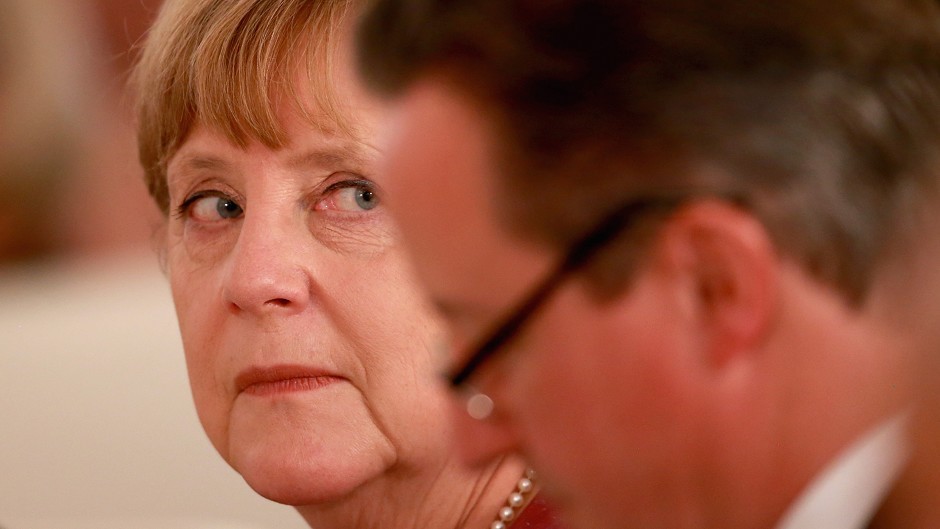
No member state has ever invoked Article 50 to withdraw from the EU.
Greenland left in 1985, while remaining part of Denmark, while Algeria left when it gained independence from France in 1962.
Neither state has applied to rejoin, so there is no precedent. However, if the UK were to leave the chances are it would have to simply reapply to join, if it so wished. That could be quite an arduous process – as the Turkish Government well knows.
9. Will we finally be able to get straight bananas?

Yes – because that has nothing to do with the EU.
It is a common misconception that bonkers Brussels bureaucrats have tried to dictate the curvature of bananas, cucumbers and other fruit and veg.
This is, in fact, complete rubbish. If you were voting to leave the EU because you enjoy a knobbly aubergine, fear not – you can base your vote on something else.
